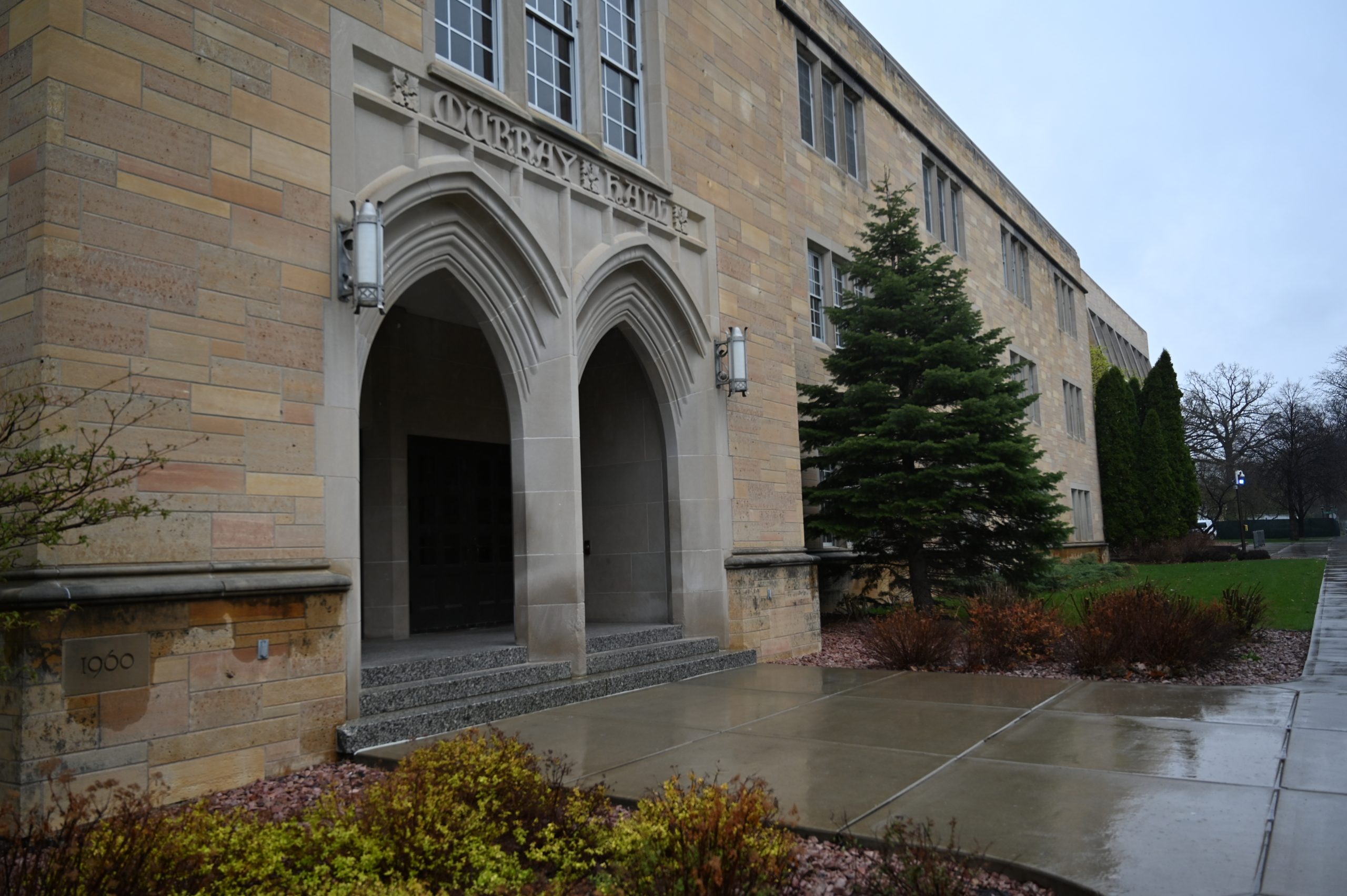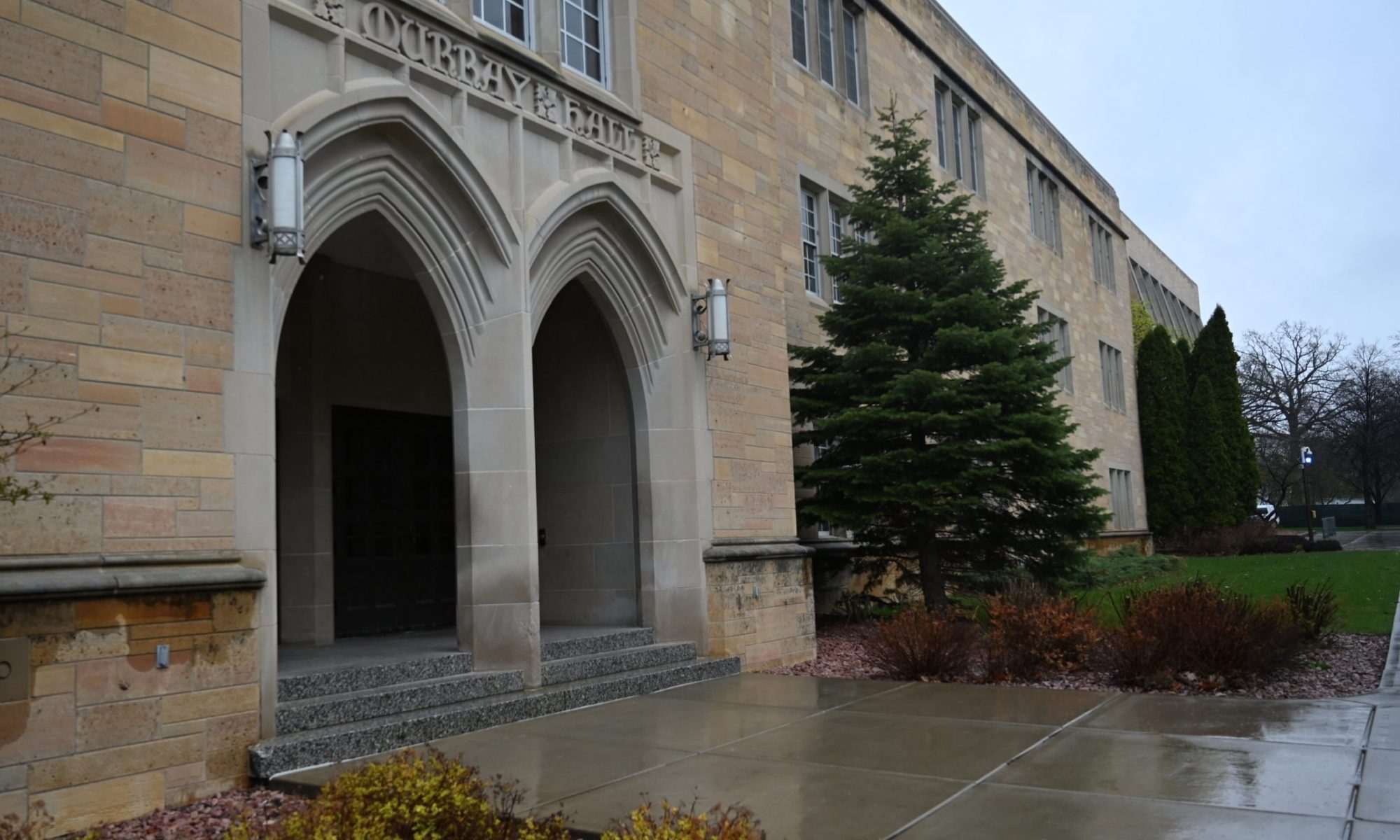
Photo of Murray-Herrick Campus Center. St. Thomas students have faced financial barriers due to job loss and reduced hours amid the COVID-19 pandemic. (TommieMedia file photo)
Since the stay-at-home order has caused all non-essential workers to stay at home, some St. Thomas students are facing economic loss after losing or decreasing hours at their jobs.
St. Thomas junior Cheyanne Simpson works five on-campus jobs during the school year and can only work about half of these positions online.
“I work about 20 hours a week at my jobs and I lost about 11 of those,” Simpson said.
However, those additional hours in her week are not always free time. Simpson often spends those hours doing school work or helping out around the house.
“My mom is an essential employee at an old folks home,” Simpson said. “I’m trying to help her keep the house together so she doesn’t have to worry about that.”
Junior Emilia Fredrickson worked at a restaurant and as a marketing intern during the beginning of the school year. Though she has transitioned to doing her marketing work online, the restaurant that she works at has closed until further notice. Because of this, Fredrickson has increased her hours driving for Uber Eats.
“I used to pick up deliveries on Uber Eats to make a little extra money,” Fredrickson said. “Now, it’s kind of switched from making extra money to just making up for that lost income.”
Fredrickson doesn’t qualify for emergency funding through her internship because she is not a benefits-eligible employee.
“That’s something I’m assuming is affecting other students too, because pretty much no internship, even if you’re full time or close to full time, are considered benefits-eligible,” Fredrickson said.
College students across the nation are likely to take an economic hit amid COVID-19.
According to CNBC, many college students are claimed as dependents on their parents’ taxes, which would prevent them from qualifying for the one-time federal stimulus relief check.
The Pew Research Center has found that young workers are more likely to be laid off during this time period. This is because young workers generally work in service-sector jobs.
Annie Terry can be reached at terr2351@stthomas.edu.



